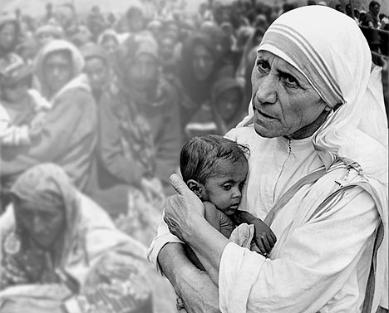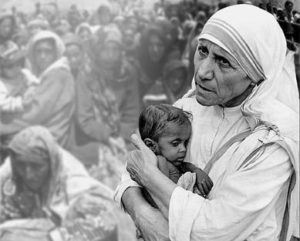The Crux of the Matter 1
Topic: The Fourteen Works of Mercy
By Fr. Wade Menezes, CPM
The Fathers of Mercy
Works of mercy are those charitable actions by which we come to the aid of our neighbors in their bodily and spiritual needs (cf., Catechism of the Catholic Church, 2447). And while such actions are surely many, the Church’s traditional listing includes fourteen very important ones: seven for the body (called the “corporal works of mercy” after the Latin word “corpus” which means “body”), and seven for the soul (called the “spiritual works of mercy”). It’s precisely because the human person is a body-soul composite that the fourteen works of mercy are so important in the life of the Christian who is ready to aid his fellow man. As human persons, we not only have bodies, we are bodies; and we not only have souls, we are souls. And both the corporal and spiritual aspects of man need to be nurtured and maintained.
Deeply rooted in Sacred Scripture, the corporal works of mercy are to feed the hungry, give drink to the thirsty, clothe the naked, visit the imprisoned, shelter the homeless, visit the sick and bury the dead. The spiritual works of mercy are to admonish the sinner, instruct the ignorant, counsel the doubtful, comfort the sorrowful, bear wrongs patiently, forgive all injuries and to pray for the living and the dead.
One more important point: we all know that the liturgical season of Lent is about increased prayer, fasting and almsgiving. The seven corporal works of mercy, especially, serve as a wonderful guide to almsgiving whether as an act of penance or fraternal charity. As Pope St. Gregory the Great teaches us, “When we attend to the needs of those in want, we give them what is theirs, not ours. More than performing works of mercy, we are paying a debt of justice.”

